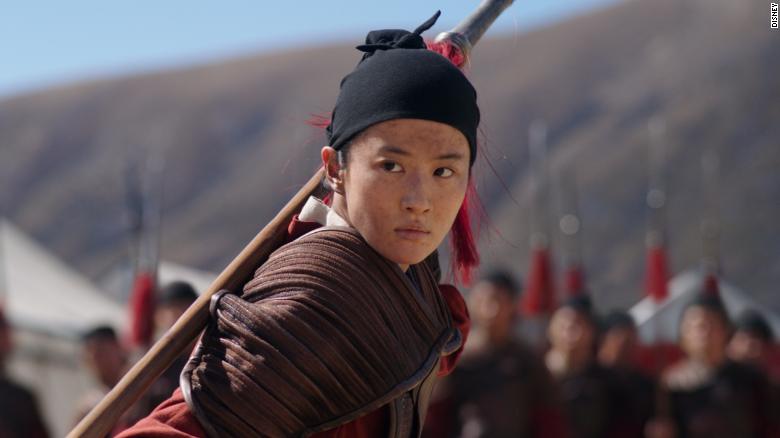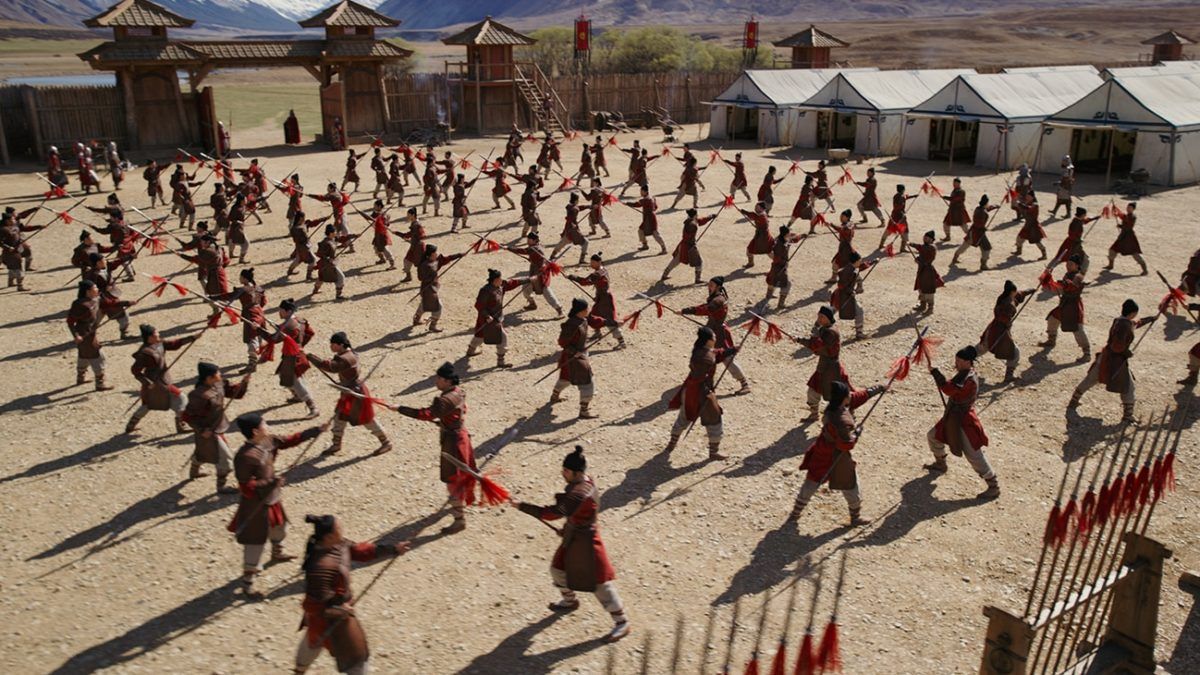China is already notorious for its human rights abuses, largely surrounding their population control policies. In recent years, however, the Chinese government has been specifically targeting Uighur Muslims, an ethnic minority group. It’s estimated that over one million Uighurs are being held in concentration camps, where survivors have told horror stories of what people there are forced to endure.
Haaretz investigations found that prisoners have been forced to have their heads shaved and forced to live in small rooms with only a bucket for a toilet. They are also monitored constantly by cameras. Prisoners are subjected to propaganda and re-education, and have been subjected to tortures such as having fingernails pulled out, having skin flayed, and receiving electric shocks in the so-called “black room.” They have been subjected to medical experimentation, with many left infertile, and women have been reportedly raped and forced into abortions. Women in particular have been victims of sadistic sexual violence and torture, including gang rape. Other victims had their organs harvested from them, without anesthesia, while they were still alive. (Read more.)
From Reason:
The new Mulan movie is facing a barrage of criticism—and promises to boycott—for filming near Chinese concentration camps and then thanking the Chinese Communist Party (CCP) for the privilege.
The film—a live-action version of the 1998 Disney cartoon by the same name—is based on Chinese folklore about a young woman (Hua Mulan) who pretends to be a boy so that she can fight in her father's place when he is conscripted into the Chinese army. In a sense, it's a tale about cleverness, bravery, and familial love helping to overcome hardships brought about by a violent and overbearing government.
That's makes Disney's filming location—Xinjiang—an extra slap in the face. Xinjiang is where China has been holding Uighurs in concentration camps and subjecting them and other Muslim minorities to horrible human rights abuses.
"The repression of ethnic Uighurs and Kazakhs in the western part of the country has been increasingly brutal and systematic," explained Daniel Drezner at Reason in April. "The erection of a massive network of internment facilities, prisons, and forced labor camps speaks to the regime's ruthlessness and deep illiberalism." (Read more.)
From The Federalist:
First, while the basic storyline remains the same in this movie version, Disney has significantly altered the emphasis of Mulan’s story, from a universal value of self-determination to fidelity to family, and more importantly, unwavering loyalty to the state.
It’s crucial to note that the 1998 animation version of “Mulan” was a worldwide hit — except in China. Beijing initially barred Disney from releasing the animated film within its borders out of spite for another Disney venture, “Kundun,” the 1997 film that told the life of the 14th Dalai Lama. Even though the Dalai Lama gave up on demanding Tibet’s independence from China a long time ago, Beijing labeled him a “traitor” and a “separatist.”
Beijing was also worried about the universal message of self-determination in the animated version of “Mulan,” in fear that people who believe in personal freedom would ultimately demand democracy — the last thing the Chinese Communist Party would allow to take place in China. (Read more.)
Also from The Federalist:
In the new movie, we’re introduced to Mulan as a child with mysterious powers and skills that allow her to do awe-inspiring acrobatics on the roofs of her village. Think Marvel’s “Dr. Strange” as a Disney princess. She has these talents because she is in touch with her Chi, an Eastern concept of energy that permeates the world. But since she’s a girl, her father tells her she must hide her gift. “Chi is for warriors, not daughters,” he tells us.
After Mulan’s aging father is summoned to fight in the Imperial Army, Mulan leaves to take his place, disguising herself as a man. At this point in the animated movie, she’s an awkward but lovable young girl who wants to do what’s right but still doesn’t know what she’s doing. In the remake, she’s a mysteriously skilled warrior who has been forced by social constructs to conceal her identity.
In the original movie, she doesn’t have the brute strength of her male comrades, and has to think creatively to overcome obstacles. When the soldiers have to climb up a post while carrying two weights, she wraps the weights around the post to use as a balance; she doesn’t just beat the men by being stronger. (Read more.)
From The Washington Post:
ShareBut there’s a dark side to those landscapes. Disney filmed “Mulan” in regions across China (among other locations). In the credits, Disney offers a special thanks to more than a dozen Chinese institutions that helped with the film. These include four Chinese Communist Party propaganda departments in the region of Xinjiang as well as the Public Security Bureau of the city of Turpan in the same region — organizations that are facilitating crimes against humanity. It’s sufficiently astonishing that it bears repeating: Disney has thanked four propaganda departments and a public security bureau in Xinjiang, a region in northwest China that is the site of one of the world’s worst human rights abuses happening today.
More than a million Muslims in Xinjiang, mostly of the Uighur minority, have been imprisoned in concentration camps. Some have been released. Countless numbers have died. Forced sterilization campaigns have caused the birth rate in Xinjiang to plummet roughly 24 percent in 2019 — and “imposing measures intended to prevent births within the group” fits within the legally recognized definition of genocide. Disney, in other words, worked with regions where genocide is occurring, and thanked government departments that are helping to carry it out. (Read more.)



















No comments:
Post a Comment